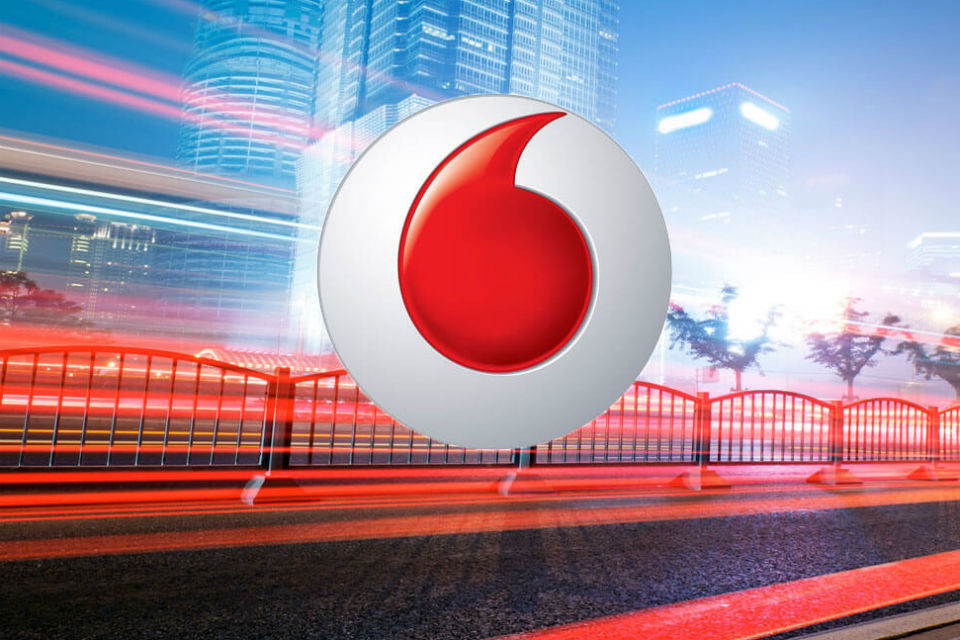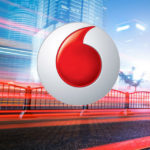First results of Corona-AI study obtained in record time: Vodafone Foundation

Smartphone users across the globe have helped Imperial College London accelerate Phase 1 of its Corona-AI research project in only six months. This is significantly faster than would be possible with standard research methods. The Corona-AI project launched by Vodafone Foundation in April through the DreamLab app, in multiple countries among which Romania, aims to pinpoint combinations of existing drugs and food-based molecules that may help patients with COVID-19.
Researchers at Imperial College London have announced early findings from the research including the identification of molecules with anti-viral properties in everyday plant-based foods like berries (particularly blackcurrants, cranberries and blueberries), apples, oranges, lemons, cabbage, broccoli, onions, garlic, parsley and beans. The study also found that common drugs used to combat cardiovascular and metabolic disorders – such as simvastatin, atorvastatin and metformin – could be potentially ‘repurposed’ against COVID-19. The findings will now be further analysed by the researchers, who say clinical validation is needed to assess what impact these molecules might have.
Dr Kirill Veselkov from the Department of Surgery and Cancer at Imperial College London, who is leading the Corona-AI project, said: “While there is, rightly, much focus on finding a vaccine for COVID-19, we are looking for ways to potentially help people when they have contracted the virus, reducing either the duration or the severity of the disease. For patients who may not need hospital treatment, there is a critical need for innovative and cost-effective out-of-hospital treatment. We expect that precision nutrition strategies – designed with phytochemically rich Hyperfoods – may offer a novel solution in this regard.”
In Phase 1, the Corona-AI project has examined thousands of existing drug and food molecules, using Artificial Intelligence to crunch 100 million mathematical calculations and help scientists explore their potential effect on COVID-19. When all phases of the research are complete – estimated to be December 2021 – results will be made available to the medical community to facilitate clinical trials. Food-related findings could potentially be translated into dietary advice for patients recovering from COVID-19.
DreamLab is an award-winning app developed by the Vodafone Foundation, which offers each smartphone user an easy way to support leading cancer research. Since April 2020, DreamLab users have had the option to power Corona-AI, a project using the same technology to help fight against the Coronavirus.
DreamLab uses the collective processing power of charging smartphones to create a virtual supercomputer capable of processing many thousands of calculations, speeding up the time it takes to deliver results. So far, the DreamLab app has been downloaded by almost one million smartphone users in 17 countries to help speed up scientific research. The app is currently available in: Romania, Australia, Italy, New Zealand, Spain, UK, Portugal, Czech Republic, Ghana, South Africa, DRC, Lesotho, Germany, Ireland, Greece, Netherlands and Albania.
The DreamLab app was launched locally by Vodafone Romania Foundation in September 2019. To be used in Romanian, the users must first have their smartphones set in this language. The app is free, but once downloaded, it generates data traffic.













